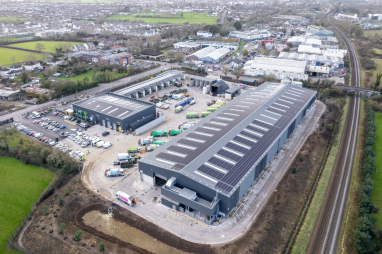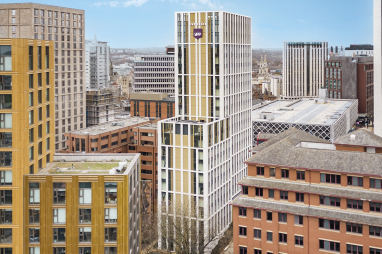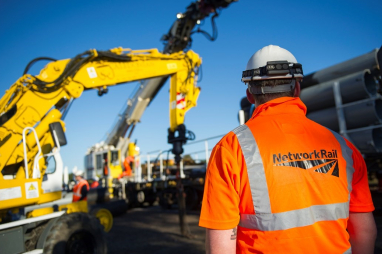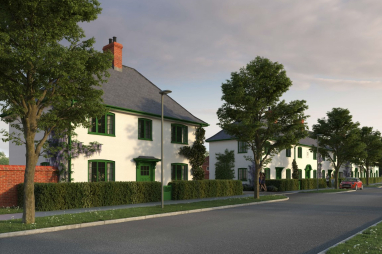- air jordan 1 royal nike outlet
- all black jordan 13
- Chaussures, sacs et vêtements
- NIKE AIR JORDAN 1 GOLF LOW RUST PINK , IetpShops , Russell Westbrook Nike jordan 1 flight 4 premium кроссовки мужские Northern Lights All Star
- SBD - You will love The Nike Air VaporMax Run Utility if - 700 Release Date - Nike Air Zoom Pegasus 36 Cody Hudson Yellow CI1723
- air jordan xxxv cq4227 004
- Nike Blazer Mid 77 Catechu DC9265 101 Release Date
- all star air jordan 1 gotta shine
- best nike basketball shoes
- new air jordan 1 high og osb dian blue chill white cd0463 401
- Home
- News and analysis
- Info hubs
- Events
- Video
- Case Studies
- About us
- Magazine
- Advertising
Produced for the industry by the Association for Consultancy and Engineering
News
New mayor must build 50,000 new homes a year - CBI

London’s firms want the capital’s next Mayor to commit to big infrastructure projects, including a new runaway in the South-east, and build 50,000 homes a year.
The CBI’s London Manifesto aimed at mayoral candidates - A London Prosperity Agenda - sets out businesses’ priorities for the new Mayor on housing, transport infrastructure and. Key action points include:
•A new housing strategy within 100 days of taking office, which commits to building 50,000 homes a year.
•Pressing the government to deliver the Airports Commission’s recommendation to build a new runway in the South East, and deliver Transport for London’s business plan, including Crossrail 2.
•Continuing to implement the existing 2050 London Infrastructure Plan, and give a stronger voice to businesses on the London Enterprise Partnership.
Lucy Haynes, CBI London Director, said: “The next Mayor must take some tough decisions from day one for London to continue to grow and prosper, and to keep the city a magnet for investment and skills.
“From building the 50,000 homes a year the capital needs to house its talented workers, and a new runway that will boost our exports to high growth markets, to making the city a global beacon for digital and technological skills, London’s next leader has a unique opportunity to plan ahead, and position the city at the head of the pack.”
On transport, businesses want the next Mayor to:
•Approve the London City Airport Development Programme.
•Explore innovative finance options for London’s new roads, including user charges.
•Promote the River Thames for moving goods and materials, to diversify the city’s transport options.
On planning, where the CBI says £1.3 trillion worth of investment is required in London’s energy, water, transport and digital infrastructure by 2050, businesses want the next Mayor to:
•Explore how an increase in planning application fees could lead to swift decisions from planning authorities.
•Develop a circular economy strategy and the widespread recycling of materials, which could see London become a zero-waste city, creating 40,000 jobs by 2036.
And on housing, businesses want the next Mayor to:
•Work with the London Land Commission to incentivise local authorities to unlock public sector land and brownfield sites
•Support the ‘Build to Rent’ scheme, improving the quality and quantity of private rental housing.
Meanwhile, a report published today from the London Housing Commission – a task group chaired by Lord Bob Kerslake, by the think tank the IPPR concluded that
London’s new mayor must seek a major transfer of powers from the government if more homes are to be built in the capital, a new report has found. It recommended giving councils the power to tax developers who fail to meet mutually agreed housing targets.
Other recommendations included:
New planning powers: Give the Mayor power to ‘call in’ councils’ plans where they are failing to identify enough land for homes or refusing too many applications to build new homes.
Increase local borrowing: Increase GLA’s borrowing powers and lift councils’ public borrowing cap.
Keep more local stamp duty: Allow London to keep more of the stamp duty raised from home sales in London, adjusting the rates over time.





